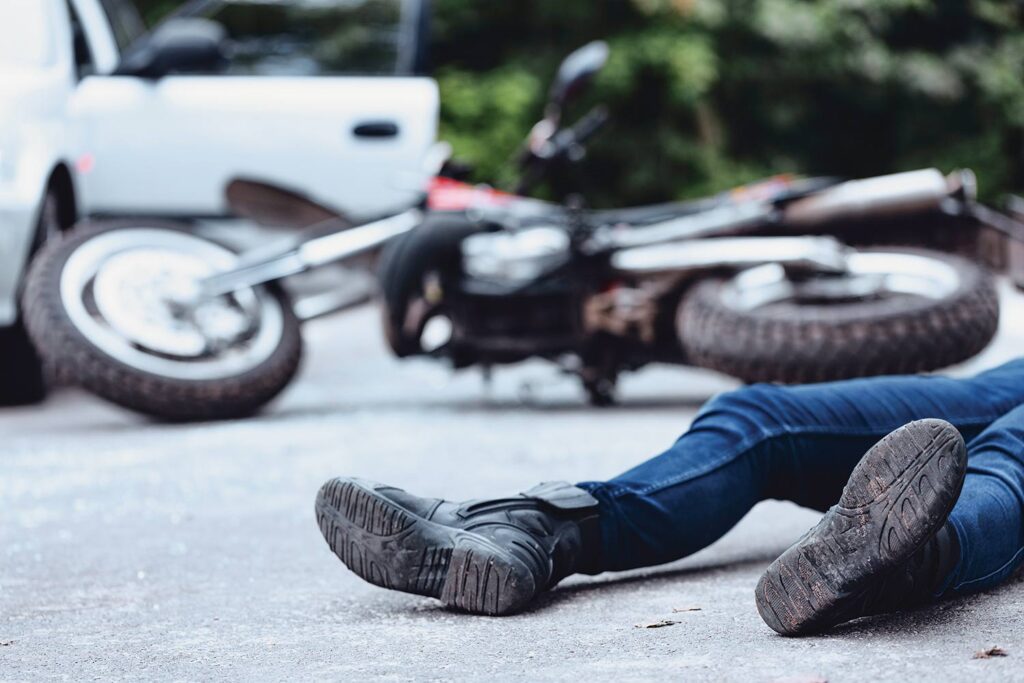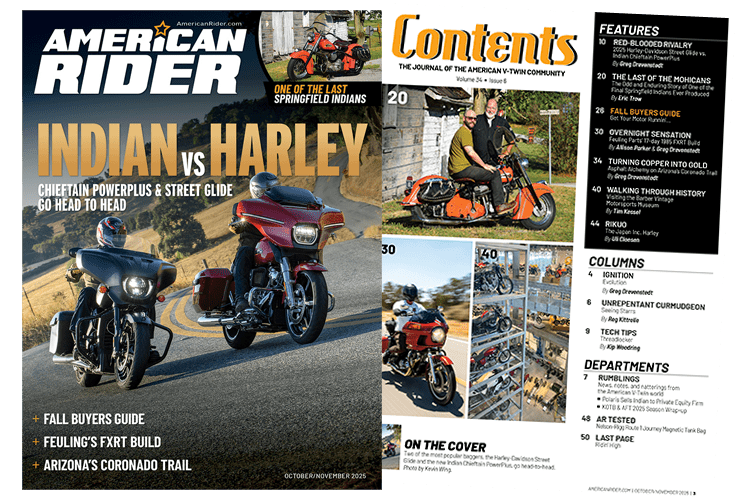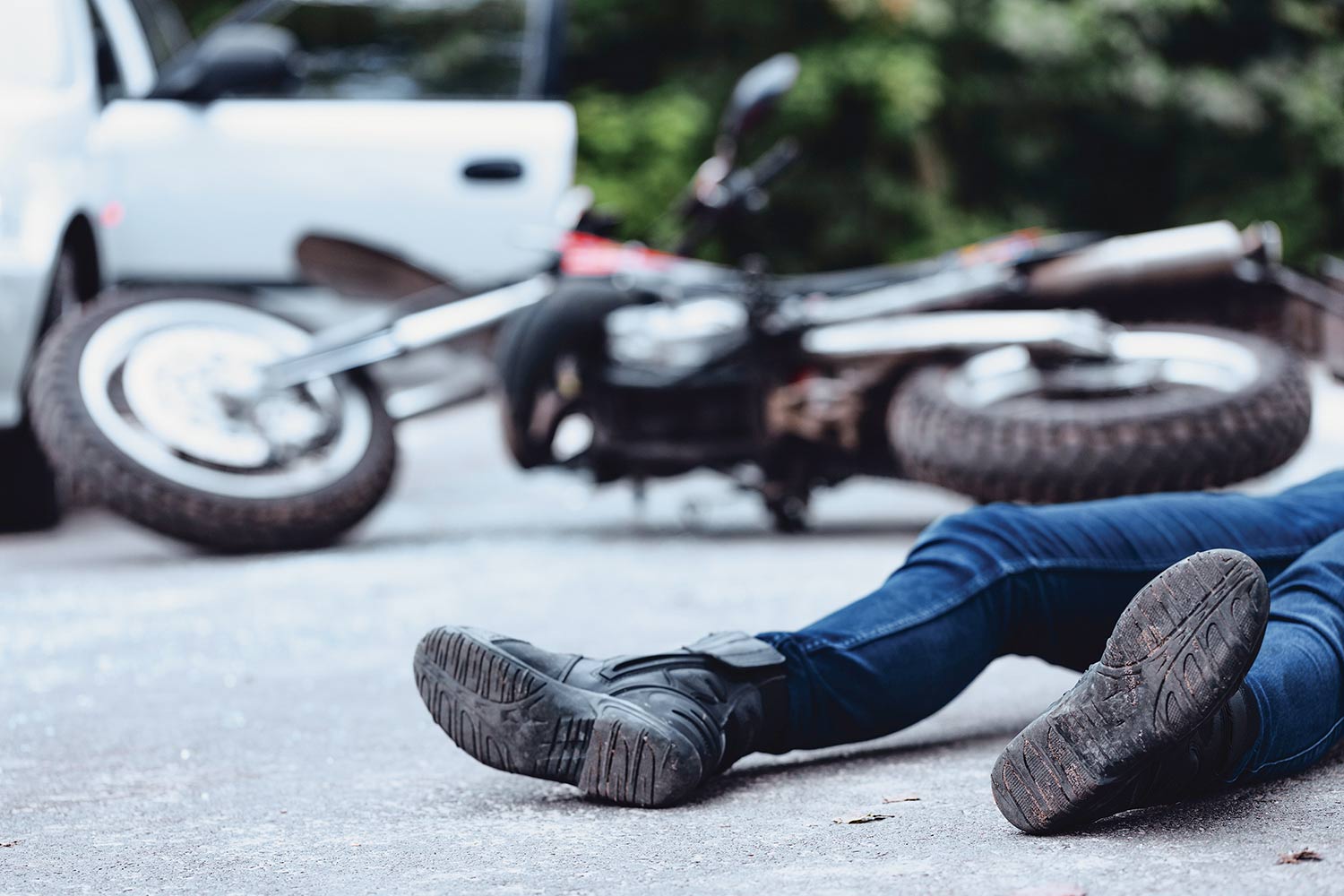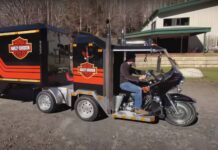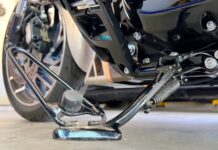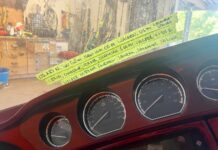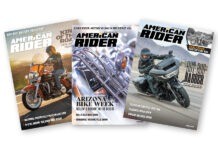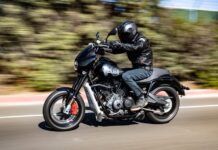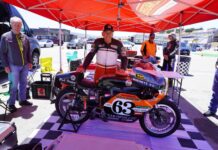I originally wrote this for my book, Motorcycles and our 2nd 50 Years, which was published in 2015. With our riding season in full swing, I offer this reminder that a great day can turn tragic in an instant. A lapse in judgment can make it even worse.
It was August, and I was on my way to Sturgis with a riding buddy, Rob. We’d added a couple of days up front for a quick tour of the Northwest, and we were in southern Washington. It was hot, and by lunch, we were more than ready for a stop and a dive into a glass of something cold. Rob ordered a beer with his meal.
I’d made a pact with myself when I first began riding that alcohol, motorcycles, and I would never find ourselves in the same place at the same time. But with the beautiful scenery, great lunch, and hot weather, a cold beer seemed to be the ideal partner. I really wanted one.
Find more Unrepentant Curmudgeon columns here
But I knew that mixing booze and bikes can be dangerous. According to the National Highway Traffic Safety Administration, 4,675 motorcycle operators were killed in traffic crashes in 2018. Alcohol was involved in over a quarter of these accidents. Of those killed, 26% had a blood alcohol concentration of 0.08% or higher. Motorcyclists also had a higher percentage of alcohol-impaired fatalities compared to other drivers. Additionally, over half of the motorcycle operators that were killed with a BAC of over 0.08% were 40 or older.
For me on that day, reason took hold, and I reluctantly passed on the brew. After a lengthy lunch, we headed out. The area’s two-lane roads meandered through beautiful country dotted with small lakes and even smaller towns.
Just outside Morton, Washington, I saw a man standing by the side of the road, just ahead of the car I was following. He stepped onto the road from its dirt edge – there was no crosswalk. The car ahead slowed, but the man turned back to the edge, so the car continued on its way. I too had slowed down, but my gap to the car had narrowed. Just as the car passed him, the man turned and darted onto the road, directly in my path. I hit him.
The impact was hard and direct, enough to flip me upside down in the air. I recall looking back and seeing the man lying by the side of the road, propped up on one elbow, watching my flight. After that, everything was a blur of frenetic activity mixed with pain.
My injuries were minor: a couple ribs and a collarbone were broken but nothing life threatening. The pain was intense though, so they doped me into unconsciousness for several hours. I awoke in a hospital room with a Washington state trooper seated beside my bed. He seemed genuinely concerned about my injuries. With little preamble, he told me that I held no blame for the accident, as the elderly man had a habit of running across the road when traffic was present. He also told me the man had died.
The man had died.
You cannot know how you’ll react when someone tells you a person died because of your actions. I remember silence and my inability to say anything. The trooper took my hand, wished me well, and left me stunned. I did not sleep that night.
Over the years, I’ve replayed that day a thousand times in my head. While I was judged blameless, it was still my motorcycle that hit and killed the man. I have dealt with this, and it is not my intent in telling the story to expiate my guilt. But I do have a point.
One of the thoughts that crossed my mind in the months and years that followed was self-serving, but it contains a lesson: I did not have beer at lunch. If I had, I would forever be at fault not only in my own mind but also in the minds of others and possibly the court of the authorities.
You indeed might be able to “hold your liquor,” but if you injure or kill someone after drinking – drunk or not – can you handle the consequences of your momentary stupidity? It’s difficult to fathom being told, “The man died.”
